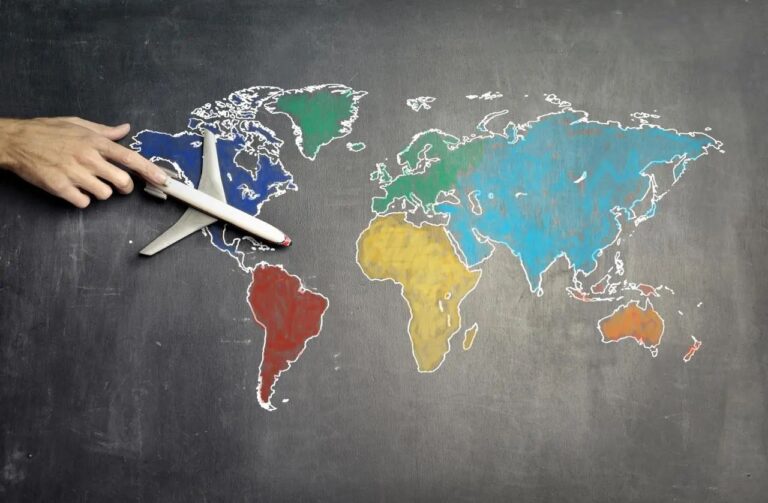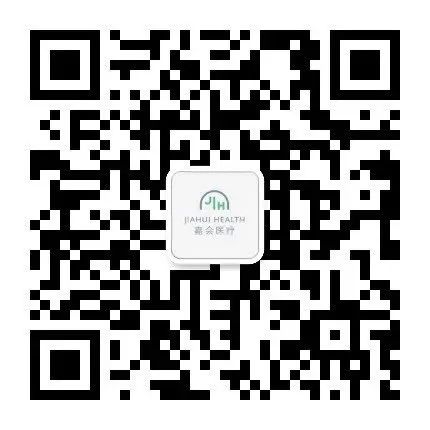By Dr. Catherine YUE, Pediatrician at Jiahui Health
Adjusting to a new time zone after a long trip can be challenging for infants and young children. Given their unique physiological and psychological traits, parents may need patience and care when transitioning their little ones’ routines. Here are some key points to consider when tackling jet lag with infants and young children:
Avoid expecting immediate adaptation to a new schedule. It’s advisable for parents to gradually shift their infants’ and toddlers’ schedules in advance, aligning them with the time difference between the travel destination and the departure point. For instance, if there’s a significant time gap, adjust bedtime and wake-up times incrementally until they match those of the destination.
Upon arrival at the destination, if children feel tired during the day, allow them short rest periods while avoiding excessive daytime sleep to preserve nighttime sleep quality. Maintain a well-lit and engaging atmosphere during the day to stimulate neurological activity. Parents can incorporate suitable activities like games and walks to expend energy and aid in nighttime sleep, while steering clear of overly stimulating activities that may disrupt sleep patterns.
Ensure a serene, comfortable sleeping environment with appropriate temperature and blackout curtains to facilitate better sleep. Offer light, easily digestible meals initially and gradually introduce more nutritious options to address post-travel appetite changes. Adequate hydration is essential to maintain hydration levels.
Monitor infants’ and young children’s reactions closely during the adjustment period. Adjust strategies promptly if signs of discomfort or irritability arise, prioritizing comfort and care. Minimize exposure to electronic devices, as their light can interfere with sleep quality. Recognize that adapting to a new routine is a gradual process requiring patience and confidence.

Parents should remain attuned to their baby’s cues and emotions, adjusting jet lag strategies accordingly. Employ comforting techniques like toys, hugs, or kisses if distress arises. Seeking guidance from pediatricians or parenting experts can be beneficial if challenges persist, ensuring the well-being and safety of infants and young children during the adjustment period.
Abour Dr. YUE
Dr. Catherine YUE serves as a pediatrician at Jiahui Health. She graduated with a Bachelor of Medical degree from Soochow University School of Medicine in 2006 and obtained her Master of Public Health from Naval Medical University in 2017. She has been engaged in clinical work in pediatrics and children’s health care for over 10 years at the Maternity & Child Health Hospital and Shanghai Tongren Hospital. She went to Canada to further her study and participate in early childhood education and behavioral intervention from 2017. Dr. Yue completed the program of Early Childhood Development Science training at Red River College in 2018 and Autism and Behavioral Science program at Confederation College from 2021 to 2022. She has accumulated rich practical experience in behavioral intervention and early education for children with special needs (Autism, ADHD, Developmental Delay), training and practical application of autism screening and diagnosis. She specializes in child growth and development assessment, behavioral problems and feeding guidance, as well as diagnosis and treatment of common pediatric diseases.
If you have any questions or would like to make an appointment with Jiahui’s Pediatric Department, please scan the QR code below.

